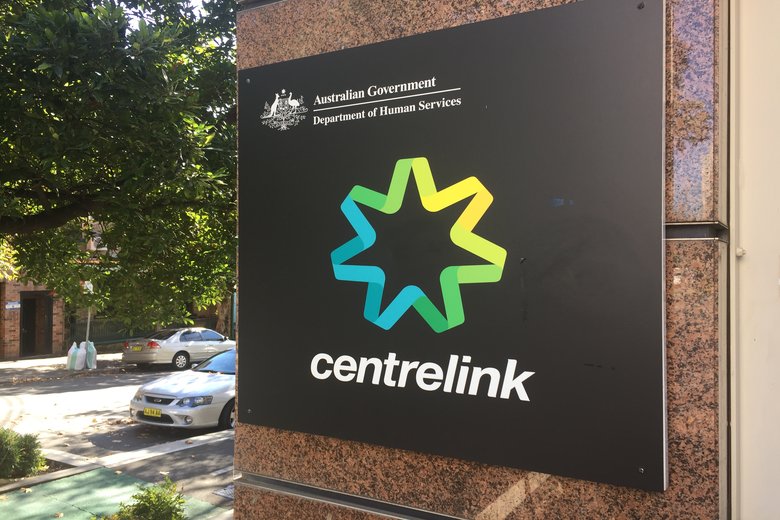
Weaknesses in the public service that led to one of the darkest chapters in Australian public administration remain embedded in APS culture, according to an analysis of the Robodebt debacle and its aftermath.

Public sector ethics expert Professor Richard Mulgan has produced a list of learnings for public servants cyrstalised from the transcripts and findings of the Robodebt Royal Commission.
He says the commission revealed serious weaknesses in senior levels of the public service, which played a central role in the scheme’s failure.
“These collective weaknesses predated the Scheme and remain embedded in the APS culture after the Scheme’s abolition,” he said.
Four sanctioned over Robodebt, but remain in service
It comes as a parliamentary committee last week heard that six of the sixteen public servants referred for investigation in relation to Robodebt remain in the service, including four who have had sanctions imposed for breaching the code.
“Four people have already had sanctions imposed against them. They are current public servants. Of the remaining seven matters, two individuals remain with the Public Service,” first assistant commissioner for the Code of Conduct Taskforce, Jamie Lowe, told an estimates hearing on May 30.
APSC Commissioner Gordon de Brouwer said a total of 16 people were referred for investigation in relation to the scheme. Seven of those have been found to have breached one or more elements of the code, and four have had sanctions imposed. One has been cleared.
Commissioner Gordon de Brouwer said he expected all inquiries to be finished in coming months.
“Once all the 16 investigations have concluded, I will provide a public statement on the outcomes, and I anticipate that this will be in the next month or so,” he told the Senate Committee.
“That statement will include a report from the Robodebt taskforce on outcomes and on lessons learned.”
‘Dark chapter’
Robodebt was a dark chapter in the history of Australian public administration, Professor Mulgan says.
“Like all major failures, it was due to a combination of many factors. As the Commission has revealed, one important element was the culture of the public servants involved, particularly at the more senior levels.
“Their behaviour in many respects fell short of the standards expected of a professional career public service as outlined in the APS values and Code of Conduct.”
Professor Mulgan’s report offers ten overarching lessons for public servants to implement from Robodebt:
- Lawfulness is a bedrock value for public servants
- Truthfulness is a bedrock value for public servants
- Public servants should keep an accurate record of significant events and advice
- Hasten slowly
- Department leaders should set a proper balance between responsiveness to ministers and independence from them
- Cooperation and collegiality are essential to good administration
- Other APS departments and agencies should be treated as colleagues not rivals
- Public servants should welcome input from non-government stakeholder organisations
- Public servants should build a culture of openness and accountability
- Public servants should be openly accountable to individual members of the public to whom they are providing services
Read the full report here.
Professor Mulgan is Professor Emeritus at the Crawford School of Economics and Government in Canberra. Prior to his retirement in 2008 he was a Professor of Political Studies at Otago and Auckland Universities.
The publication was produced with the support of the Susan McKinnon Foundation.
Comment below to have your say on this story.
If you have a news story or tip-off, get in touch at editorial@governmentnews.com.au.
Sign up to the Government News newsletter